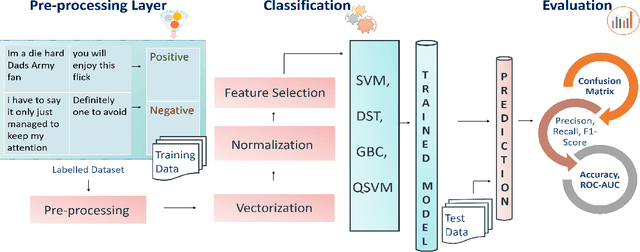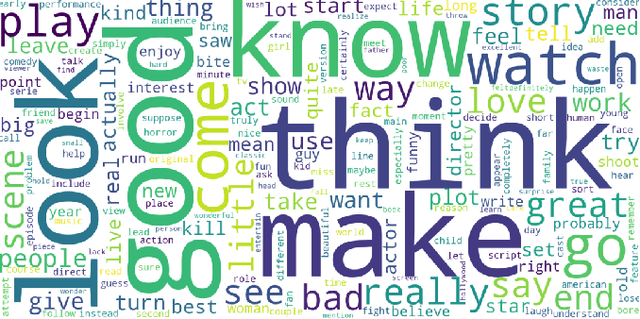Diksha Sharma
Quantum neural networks facilitating quantum state classification
Apr 09, 2025Abstract:The classification of quantum states into distinct classes poses a significant challenge. In this study, we address this problem using quantum neural networks in combination with a problem-inspired circuit and customised as well as predefined ans\"{a}tz. To facilitate the resource-efficient quantum state classification, we construct the dataset of quantum states using the proposed problem-inspired circuit. The problem-inspired circuit incorporates two-qubit parameterised unitary gates of varying entangling power, which is further integrated with the ans\"{a}tz, developing an entire quantum neural network. To demonstrate the capability of the selected ans\"{a}tz, we visualise the mitigated barren plateaus. The designed quantum neural network demonstrates the efficiency in binary and multi-class classification tasks. This work establishes a foundation for the classification of multi-qubit quantum states and offers the potential for generalisation to multi-qubit pure quantum states.
Advantages of quantum support vector machine in cross-domain classification of quantum states
Jun 30, 2024Abstract:In this study, we use cross-domain classification using quantum machine learning for quantum advantages to address the entanglement versus separability paradigm. We further demonstrate the efficient classification of Bell diagonal states into zero and non-zero discord classes. The inherited structure of quantum states and its relation with a particular class of quantum states are exploited to intuitively approach the classification of different domain testing states, referred here as crossdomain classification. In addition, we extend our analysis to evaluate the robustness of our model for the analyzed problem using random unitary transformations. Using numerical analysis, our results clearly demonstrate the potential of QSVM for classifying quantum states across the multidimensional Hilbert space.
Knowledge-based in silico models and dataset for the comparative evaluation of mammography AI for a range of breast characteristics, lesion conspicuities and doses
Oct 27, 2023



Abstract:To generate evidence regarding the safety and efficacy of artificial intelligence (AI) enabled medical devices, AI models need to be evaluated on a diverse population of patient cases, some of which may not be readily available. We propose an evaluation approach for testing medical imaging AI models that relies on in silico imaging pipelines in which stochastic digital models of human anatomy (in object space) with and without pathology are imaged using a digital replica imaging acquisition system to generate realistic synthetic image datasets. Here, we release M-SYNTH, a dataset of cohorts with four breast fibroglandular density distributions imaged at different exposure levels using Monte Carlo x-ray simulations with the publicly available Virtual Imaging Clinical Trial for Regulatory Evaluation (VICTRE) toolkit. We utilize the synthetic dataset to analyze AI model performance and find that model performance decreases with increasing breast density and increases with higher mass density, as expected. As exposure levels decrease, AI model performance drops with the highest performance achieved at exposure levels lower than the nominal recommended dose for the breast type.
A Comparative Study of Classical and Quantum Machine Learning Models for Sentimental Analysis
Sep 12, 2022



Abstract:We analyse and classify the sentiments of a text data constructed from movie reviews. For this, we use the kernel-based approach from quantum machine learning algorithms. In order to compose a quantum kernel, we use a circuit constructed using a combination of different Pauli rotational gates where the rotational parameter is a classical non-linear function of data points obtained from the text data. For analysing the performance of the proposed model, we analyse the quantum model using decision tree, gradient boosting classifier, and classical and quantum support vector machines. Our results show that quantum kernel model or quantum support vector machine outperforms all other algorithms used for analysis in terms of all evaluation metrics. In comparison to a classical support vector machine, the quantum support vector machine leads to significantly better results even with increased number of features or dimensions. The results clearly demonstrate increase in precision score by $9.4 \%$ using a quantum support vector machine as against a classical support vector machine if the number of features are $15$.
 Add to Chrome
Add to Chrome Add to Firefox
Add to Firefox Add to Edge
Add to Edge